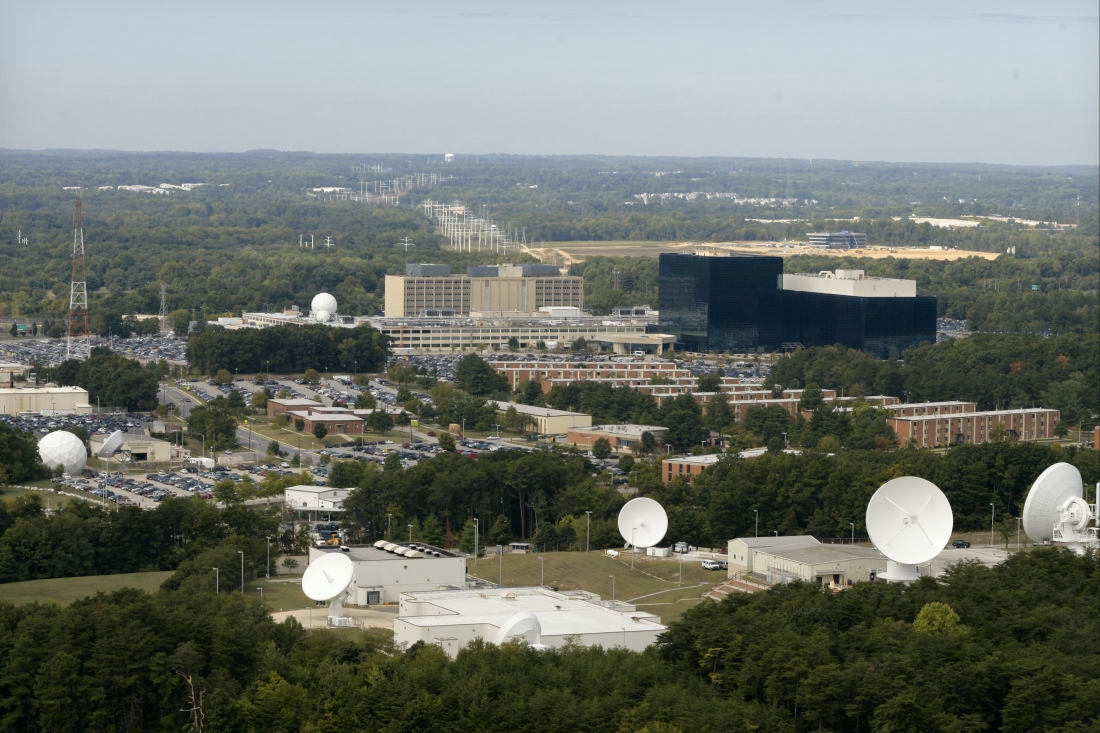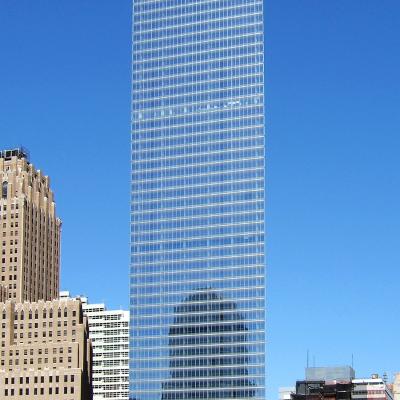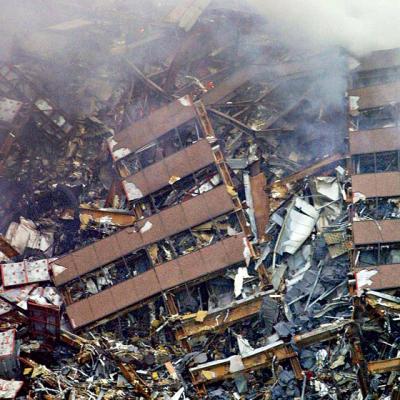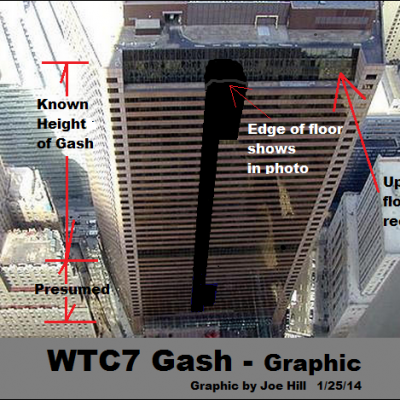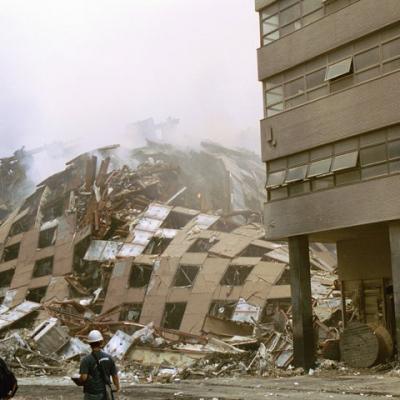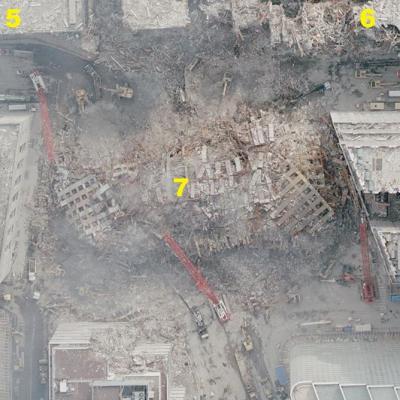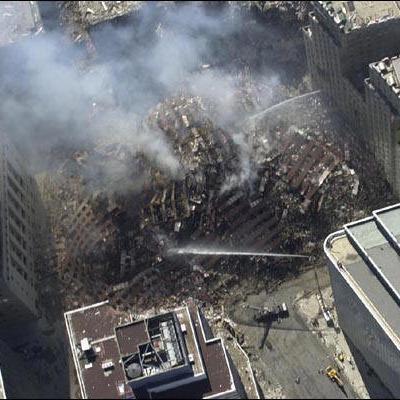They succeeded because they lived and worked, not in the shadows where spies operate, but in full view.
In fact, one of the most bizarre ironies of all this is that five of the hijackers lived in a motel right outside the gates of the NSA.
Early on the morning of 11 September, when Hani Hanjour and his four accomplices left the Valencia Motel on US Route 1 on their way to Washington's Dulles airport, they joined the stream of NSA employees heading to work.
Three hours later, they had turned flight 77 around and slammed it into the Pentagon.
The NSA was created after World War II to stop another surprise attack like Pearl Harbor by providing early warning.
But in the hour when the need was greatest, it failed the country. And it failed not because it did not have enough information, but because it had too much.
According to author James Bamford, who has studied the NSA for years, each one of their dozen largest listening posts around the world picks up more than two million communications an hour - cell phones, diplomatic traffic, emails, and faxes.
That works out at 500 million hours every day.
When you think that this has to be translated from a myriad of languages and then analyzed, you realize that the NSA looks less like an omniscient being than a man wading through a warehouse of words in search of a few tiny diamonds.

